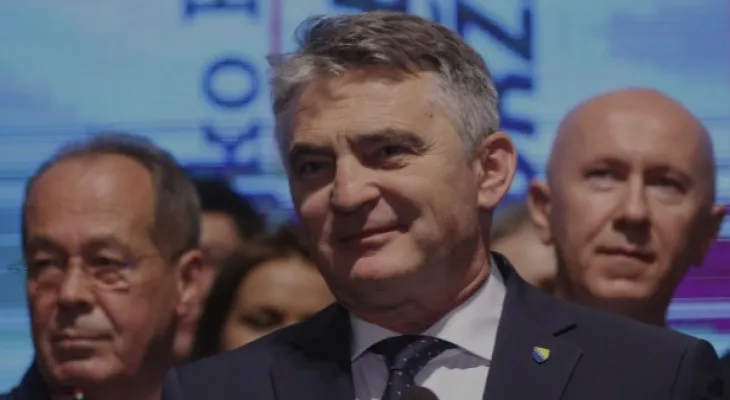Search here
Newspaper
Search here

Arab Canada News
News

Published: October 3, 2022
Polls closed on Sunday in the general elections in Bosnia, where voters chose their new leaders from a distinguished group of sectarian candidates and their rivals who pledged to eliminate, if elected, corruption and nepotism in the government. Moments after the counting of votes began, the international supervisor for Bosnia, Christian Schmidt, announced in a video on YouTube that he had amended the country's election law "to ensure functional performance and timely implementation of election results." Schmidt reassured citizens in the video that the changes "will not affect in any way" the votes cast on Sunday.
The power-sharing system in Bosnia was also agreed upon in a US-sponsored peace agreement that ended the brutal war from 1992 to 1995 among the three main ethnic groups - Muslim Bosniaks, Orthodox Serbs, and Catholic Croats - by dividing the country into two highly autonomous entities. The two entities—one run by the Serbs and the other shared by Bosniaks and Croats—enjoy broad autonomy but are tied by joint national institutions. All actions taken throughout the country require consensus from the three ethnic groups. Also, the agreement gave extensive powers to the international high representative, a position currently held by Schmidt, including the ability to impose laws and dismiss officials and civil servants who undermine the country’s fragile ethnic balance after the war.
Sunday's elections included races for the three members of the Bosnian tripartite presidency. The traditional ruling class faced a challenge in the elections from parties that, despite ideological differences and sometimes conflicting agendas, participated in an election campaign promise to eliminate patronage networks and punish acts of corruption in the government. Analysts expected that long-standing nationalists who neglected the needs of the people would remain dominant after the elections. However, the contenders competing to replace the nationalists in the country's tripartite presidency and in the position of president of the Serb-run entity insisted that preliminary results indicated their victory in the vote. Voter turnout in Sunday's elections also dropped by 50 percent or more by two percentage points compared to the 2018 general elections.
Comments